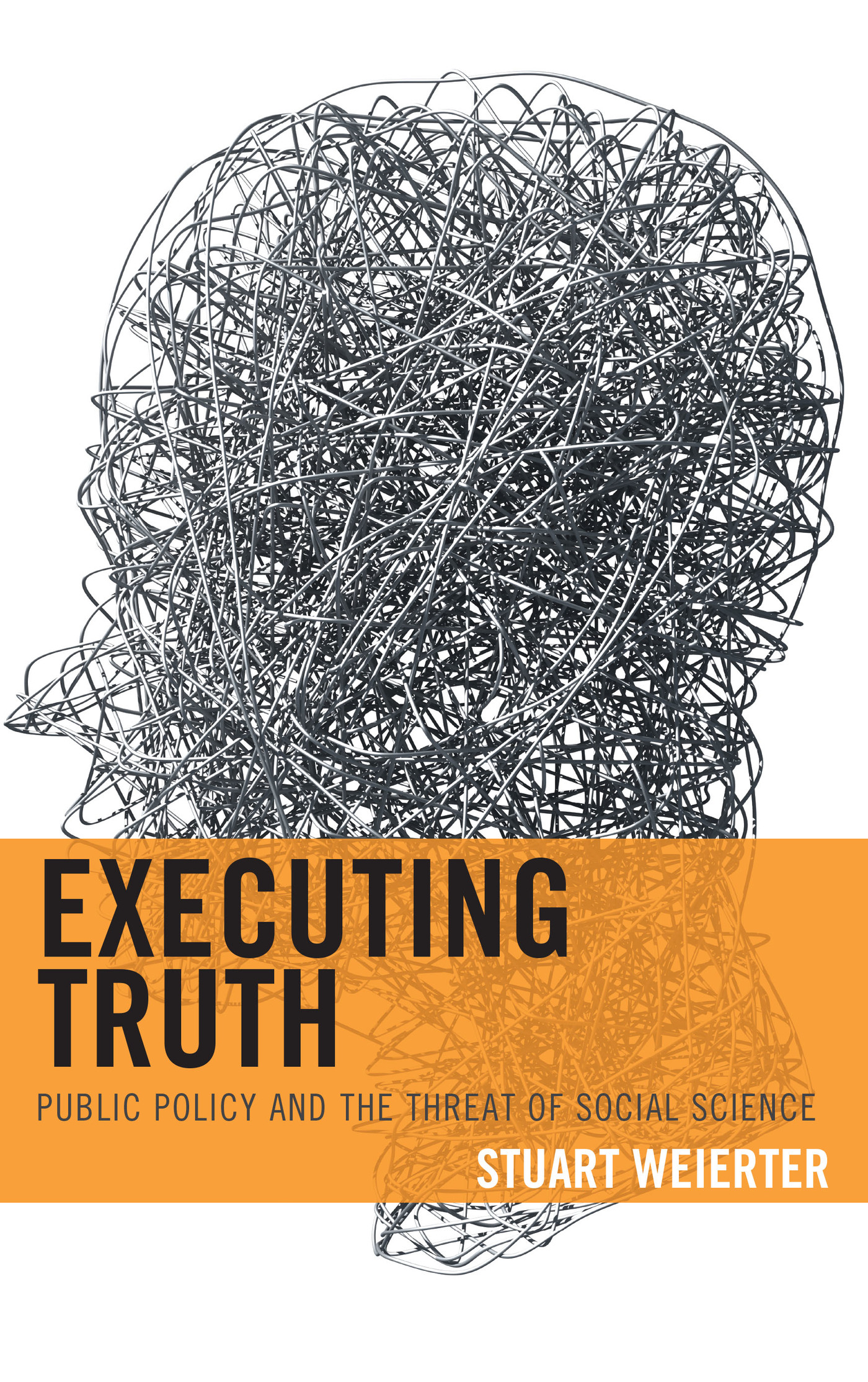Executing Truth
Executing Truth
Public Policy and the Threat
of Social Science
Stuart Weierter
LEXINGTON BOOKS
Lanham Boulder New York London
Published by Lexington Books
An imprint of The Rowman & Littlefield Publishing Group, Inc.
4501 Forbes Boulevard, Suite 200, Lanham, Maryland 20706
www.rowman.com
6 Tinworth Street, London SE11 5AL
Copyright 2019 by The Rowman & Littlefield Publishing Group, Inc.
All rights reserved. No part of this book may be reproduced in any form or by any electronic or mechanical means, including information storage and retrieval systems, without written permission from the publisher, except by a reviewer who may quote passages in a review.
British Library Cataloguing in Publication Information Available
Library of Congress Cataloging-in-Publication Data
ISBN: 978-1-7936-0331-9 (cloth : alk. paper)
ISBN: 978-1-7936-0332-6 (electronic)
 TM The paper used in this publication meets the minimum requirements of American National Standard for Information Sciences Permanence of Paper for Printed Library Materials, ANSI/NISO Z39.48-1992.
TM The paper used in this publication meets the minimum requirements of American National Standard for Information Sciences Permanence of Paper for Printed Library Materials, ANSI/NISO Z39.48-1992.
Printed in the United States of America
Acknowledgments
This book is based on my PhD thesis in politics, undertaken at the University of New South Wales, under the principal guidance of Miguel Vatter, with Geoffrey Levey as associate. Many thanks to Miguel for his exceptionally deep and broad criticism. The present work would have been much more muddled without his clear-headed advice. I thank also Geoff for his many helpful comments, especially on the early chapters. Melanie White also played a part, and I thank her for her keen insights on social theory. Each has been exceedingly generous in sharing their criticism of my work. Whatever muddles remain, I can thank only myself.
More broadly, thanks to Bernard Clarke (he of indefatigable philosophical spirit) and Michael Holmes (for his perspicacious one-liners). I mention also Paul Tyson for his unfailing verve. And also, to an anonymous reviewer of this book, thanks for the helpful comments. The introduction, conclusion, and Hegel chapters were much improved following his/her review.
Belated thanks also to my early academic years in university business and management schools. With this experience I know now the pits, so to speak, of a modern university education. The management and business school ethos has, sadly, metastasised, spreading cancer-like within the academy. I credit David Long for pointing out to me another way. And I am indebted to Art Schulman for showing me that not all sink.
Finally, the team at Lexington Books has been a delight. For this, I am grateful to Joseph Parry, Bryndee Ryan, and Meaghan Menzel for their professional guidance.
Text from Alan Whites translation of Hegels Philosophy of Right has been reprinted by permission of Hackett Publishing Company, Inc., all rights reserved.
Chapter 1
Introduction
The academy, it has often been said, is an ivory tower. From the outside, the world of academe presents itself as a world apart. This is a world of seemingly abstruse arguments, with a language quite different to the common vernacular. For many, it is a closed shop, or a conversation had only amongst academics themselves. What absolves academe from the publics charge that it is self-absorbed, or engaged in some trivial pursuit, is that academic work gets things done, either by way of technological advances, education, or the dissemination of knowledge. This is the public face of the university. For the public, this is not work that should favor one group over another. Or rather, if the work does set out to favor one group over another, it does so for some higher or universal interest. In the spirit of the modern professions, universities, and the knowledge they generate, are expected to serve the common good. Advances in medicine, for example, or in fluid mechanics, or mathematical topology, will, it is hoped, add to the stock of knowledge, a stock upon which others might draw in order to make the world a safer, healthier, more enjoyable, and thus more comfortable place for us all. The public makes a political judgment, in other words, and it is a judgment about the usefulness of knowledge according to these presumed universal interests.
The social sciences are, obviously, not themselves immune to this judgment. If they serve only sectional interests, or are merely of idiosyncratic significance, or if, from a broader perspective they show themselves as simply trivial, then these social sciences are ripe for the cutting. To avoid extinction, the social sciences must show themselves as either worthy for their own sake, or, in absolving themselves of the charge that they are idiosyncratic (i.e., trivial), show that they serve some universal interest. If they cannot demonstrate their worth at the level of theory and here I mean theory in the classical sense, as revealing something of the essential nature of ourselves then they must appeal to their utility, broadly understood.
These matters of truth and politics lie at the heart of this book. Herein I explore their problematic relation; and, in particular, how this problematic is resolved by the applied social sciences. I judge the adequacy of this contemporary resolution against the perennial nature of the problem. As a first step in this direction, consider that any defense against the charge of idiosyncrasy is a matter of comprehensiveness. By comprehensiveness, I mean something like the difference between cosmology and electrical engineering, or Fyodor Dostoyevskys The Brothers Karamazov and a poststructuralist interpretation. Cosmology shows itself as more comprehensive than electrical engineering, for it deals not with an already existing part, but the beginning of all parts: it seeks to describe the genesis of matter, along with the structure of the cosmos. Here, comprehensiveness is equated with truth, not utility. Similarly, to judge the truth of a poststructuralist interpretation of The Brothers Karamazov against the work itself, we must bow to comprehensiveness. Obviously, comprehensiveness cannot mean, here, a judgment by way of a method of interpretation. Comprehensiveness must be more akin to discernment. Given, then, that comprehensiveness is a term of reach, we are likely to support the work of cosmologists despite it being of little use (since they would, we imagine, reveal the whole of which we are a part). In a similar fashion, given that comprehensiveness is a term of discernment, we desire to keep alive the works of great authors and thinkers.
In taking our bearings by comprehensiveness, we cannot easily classify the cosmologist as politically entangled. This is so even if we adhere to some version of Kuhns (1996) thesis, namely, that science is as much socialization or communal practice as it is a rational enterprise. For even if science is understood this way, we remain in a world in which the comprehensive is distinguishable from the derivative. Consider that if we follow Kuhn, and count our descriptions of the world as a species of communal inquiry, we can still judge the reach of one natural science over another. This is because communal practice, on this account, must play its part in all realms of inquiry, and so we would not defer to it in order to distinguish between different accounts of the world. Distinctions between the comprehensiveness of accounts would still appear to us, in other words, despite them also being communally derived accounts. If, to put it bluntly, the world is coherent, as it is for Kuhn, then we might still judge degrees of coherence. Given that comprehensiveness is also a matter of discernment, though, we might presume that we could more easily pass judgment on the great authors and thinkers, calling them out as infected in some way by their own prejudices. Here we find ourselves in a more difficult position, as here we must show that our judgment surpasses theirs. That is, we must argue with them on their terms, for to reduce an author to a method is already to discount the discernment of his or her thought. To be sure, this cannot be the ranking of one idiosyncratic perspective over another; rather, discernment in this case comes down to comprehensiveness, and comprehensiveness is another name for understanding what we, as human being, are. In all, it might be said that of the most comprehensive accounts, if we are to count them as politically entangled, it is only because we ourselves have risen to a more comprehensive perspective. This, then, confirms the original insight that it is by way of comprehensiveness that truth, and not mere utility, is sought.
Next page
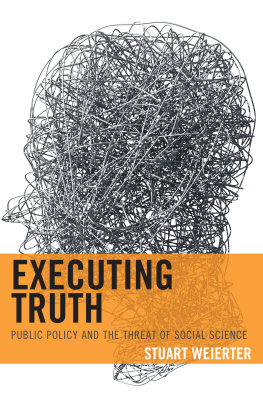

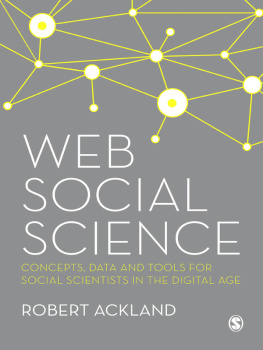
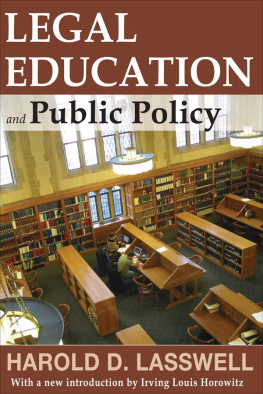
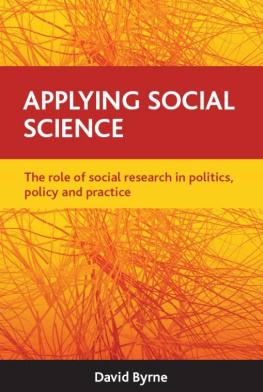
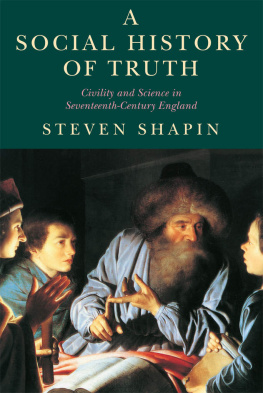
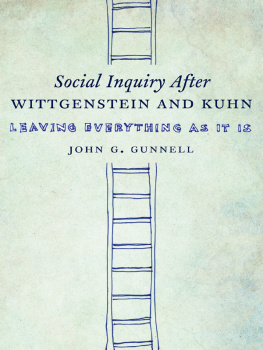
 TM The paper used in this publication meets the minimum requirements of American National Standard for Information Sciences Permanence of Paper for Printed Library Materials, ANSI/NISO Z39.48-1992.
TM The paper used in this publication meets the minimum requirements of American National Standard for Information Sciences Permanence of Paper for Printed Library Materials, ANSI/NISO Z39.48-1992.